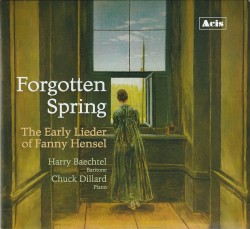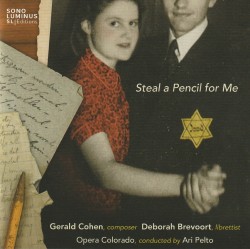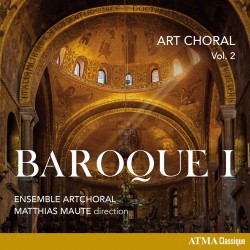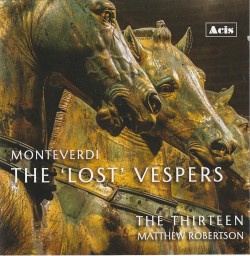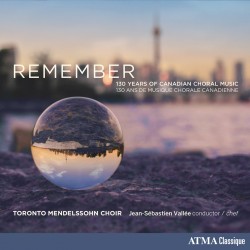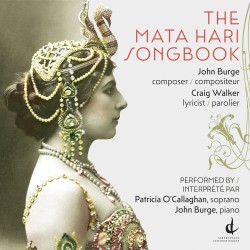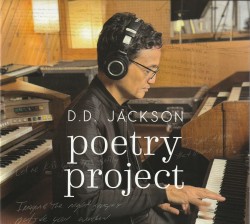Handel: Nine German Arias - Nicole Palmer; Marika Holmqvist; Rebecca Humphrey; Barbara Weiss
 Handel – Nine German Arias
Handel – Nine German Arias
Nicole Palmer; Marika Holmqvist; Rebecca Humphrey; Barbara Weiss
Zenith Ensemble (zenithensemble.org)
Of Georg Frideric Handel it is believed – and certainly true – that of his contemporaries, only J.S. Bach produced work in which such qualities of robustness, lucidity and passion were so delicately balanced. These Nine German Arias, an exposition of rarely performed gems by baroque Zenith Ensemble - Nacole Palmer co-artistic director and soprano, Markia Holmqvist baroque violin, Rebecca Humphrey baroque cello, Barbara Weiss harpsichord - are an indisputable testament to this fact.
With immaculate consistency of sound and approach the Zenith Ensemble makes a more than fitting and generous celebration of this repertoire, confirming the organization’s high achievement of this period work. These are live-wire performances, technically excellent and propelled with exactly the right degree of eloquence and driving energy by Palmer. Her Handelian qualities are superbly showcased.
Palmer’s interpretations combine great imagination and musicality with a special ability to find details in the music that you maybe hadn’t registered before. Magically, she draws them out and thrills you with them. In Den Angenedmen Büschen and Süsser Blumen Ambraflocken are but two outstanding examples.
I must leave room to laud the instrumental performers. They make things easier for Palmer. Bright but strong in tone, virtuoso but pressingly expressive, Holmqvist, Humphrey and Weiss display just enough distinctiveness that can touch the heart by revealing there are three other persons to Zenith, not just Palmer’s superb voice.


